Gazze Destek Organization;
GDD is a non-profit humanitarian and development organization founded in 2014 in Istanbul, Türkiye under registration number 34-209-183. We aim to address the humanitarian and development needs of vulnerable groups and refugees around the world. We strive to do this in accordance with international humanitarian principles and the Sustainable Development Goals (SDGs), as well as in line with the response and national development plans and officially ISO 9001:2015 certified.
The organization prepares annual reports on the humanitarian situation in areas of need, which are released during a yearly press conference in multiple languages. Additionally, it issues updated monthly briefs, daily reports, and digital updates during emergencies. These reports lead to the preparation of plans for humanitarian and developmental intervention priorities coordinated and integrated with local and donor entities, The organization promptly and effectively implements these interventions, ensuring that the needs of vulnerable individuals are met and their rights are protected.
The organization also evaluates the sustainability of its interventions according to GRI standards and assesses their social impact according to SROI standards through published reports, in order to develop recommendations and lessons learned that contribute to the improvement of future interventions.
Our Mission
GDD works to improve the quality of human life around the world, through humanitarian and developmental interventions that are based on Sustainable Development Goals SDGs, standards of integrity and transparency, principles of humanitarian work, and relevant local and international laws.
Our Vision
A world where every human enjoys a decent, dignified, and productive life in a sustainable approach.
OUR GOALS AND VALUES
Our Goals
- Contribute to the achievement of Sustainable Development Goals SDGs.
- Actively support humanitarian and development needs.
- Support the human rights of vulnerable and marginalized groups.
- Coordinate and integrate humanitarian and development efforts.
- Participate in the development of the humanitarian and development capacity building for partners in needy areas.
Our Values
Empowerment- Justice- Partnership- Professionalism
- Empowerment: Enhancing humans’ self-reliance in managing their own lives.
- Justice: Adopting fair standards in assisting people regardless of their race, belief, or affiliation.
- Partnership: Joint action enhances coordination and complementarity among Parties and maximizes the social impact of resources.
- Professionalism: Adopting professionalism, speed, and creativity as the basis for all our projects, to maximize the impact of our services on society.
Our Sustainable Strategic Directions:
2014 – 2016: Coordinating the Humanitarian Interventions
Establishment and registration – Two international conferences to coordinate support for the targeted areas.
2017 – 2019: Humanitarian Partnerships
Sharing humanitarian reports for targeted areas – Building multiple global and local partnerships.
2020 – 2022: Humanitarian Sustainability
New Visual Identity – Sustainable financing relationships – ISO Certification: 9001:2015.
2023 – 2025: The Inspirational Model
Smart Organization – Social Innovation – Charity Endowment
AREAS OF Intervention
Social Sustainability

Decent Work Program:
Providing fair and sustainable employment opportunities for vulnerable families, youth, and vulnerable groups.

Decent Housing Program:
Improving the housing environment through renovation, furnishing, and providing rental subsidies for vulnerable families and people with disabilities.

Education Program:
Improving the quality of education by supporting students and educational systems at primary and higher education levels.

Health Care Program:
Providing health services for vulnerable patients, those affected by crises and disasters, and health institutions that take care of them.

Protection Services Program:
Enhancing community integration and solidarity for vulnerable groups, particularly children, women, people with disabilities, and refugees.

Food Security Program:
Contribution to reducing food insecurity for vulnerable families and poor nutrition for children.
Humanitarian Sustainability

Humanitarian Partnership Program:
Promoting partnership and collaboration with humanitarian partners to improve their performance in order to maximize the impact on the targeted beneficiaries.

Emergency Preparedness and Response Program:
Building a national strategy for crisis and disaster management.

Organizational Development Program:
The program aims to develop charities and humanitarian institutions and their workers.
Environmental Sustainability

Clean Energy Program:
Providing clean and sustainable energy for vital facilities (hospitals, universities, schools, water wells, ...) and vulnerable groups.

Clean Water Program:
Providing clean, sustainable, and safe drinking water through digging wells and building and operating water treatment stations using solar energy and other safe transport means for water.

Clean Environment Program
Providing effective and sustainable solid, industrial, and medical waste management services through the establishment of waste collection and sorting centers and the operation of recycling and composting plants using solar energy and other renewable energy sources.
KEY ACHIEVEMENTS:
Over the past decade since its establishment, Gazze Destek has confidently progressed toward realizing its vision despite numerous challenges. It has become a beacon of hope, addressing the needs of 20,162,644 beneficiaries through the implementation of 6,570 projects across 22 areas of need worldwide. Additionally, it has delivered 795 aid trucks to disaster-stricken regions, all guided by well-planned strategies and phased approaches. Notable achievements include:
- ◼️ Humanitarian Coordination and Guidance: (Organized 3 donor conferences and 8 press conferences. Prepared annual humanitarian reports, monthly humanitarian briefs, and daily emergency reports for areas in need worldwide, including Palestinians and Gaza. Launched the Sustainable Reconstruction Plan for the Gaza Strip).
- ◼️ Expanding Humanitarian Partnerships: (Collaborated with 520 donors from 50 countries worldwide, 134 implementing partners, and held 29 memberships in local, regional, and international networks).
- ◼️ Sustaining Development Impact: (Conducted annual program sustainability evaluations based on GRI global standards and SDGs. Performed annual program impact assessments for beneficiaries using SROI standards. Led initiatives in green city projects and sustainable business incubators).
- ◼️ Building an Inspiring Humanitarian Model: (Achieved ISO certification, received global humanitarian leadership awards, including the 2024 Energy Globe Award. Prepared for the smart organization transition and launched the world’s first AI tool for humanitarian work).



